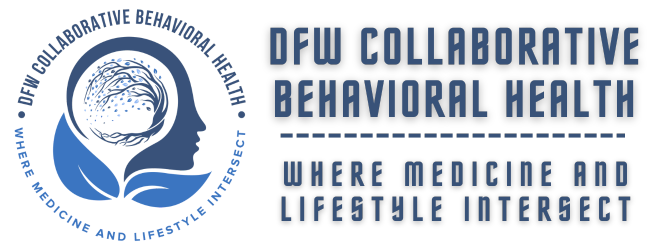Mood disorders affect millions of people worldwide, encompassing a range of conditions that impact emotions and behavior. Among the most common are depression, bipolar disorder, anxiety disorders, PTSD (Post-Traumatic Stress Disorder), OCD (Obsessive-Compulsive Disorder), and ADHD (Attention-Deficit/Hyperactivity Disorder). Let’s delve into each of these disorders to better understand them and explore effective management strategies.
Depression: Often characterized by persistent feelings of sadness, hopelessness, and loss of interest in activities, depression can significantly impact daily life. Treatment typically includes psychotherapy, medication, or a combination of both. Lifestyle changes such as regular exercise, healthy diet, and social support can also be beneficial.
Bipolar Disorder: Formerly known as manic-depressive illness, bipolar disorder involves extreme mood swings, including emotional highs (mania or hypomania) and lows (depression). Mood stabilizers, antipsychotic medications, and psychotherapy are commonly used to manage bipolar disorder.
Anxiety Disorders: Anxiety disorders encompass a range of conditions characterized by excessive worry, fear, or anxiety. These disorders include generalized anxiety disorder (GAD), panic disorder, social anxiety disorder, and specific phobias. Treatment often involves therapy, medication, and stress-management techniques.
PTSD (Post-Traumatic Stress Disorder): PTSD can develop after experiencing a traumatic event and is characterized by symptoms such as flashbacks, nightmares, severe anxiety, and uncontrollable thoughts about the event. Treatment may include therapy (such as cognitive processing therapy or EMDR) and medications to manage symptoms.
OCD (Obsessive-Compulsive Disorder): OCD involves repetitive, unwanted thoughts (obsessions) and behaviors (compulsions). These obsessions and compulsions can significantly interfere with daily activities and relationships. Treatment often includes cognitive-behavioral therapy (CBT), medications, and exposure therapy.
ADHD (Attention-Deficit/Hyperactivity Disorder): ADHD is a neurodevelopmental disorder that can impact attention, hyperactivity, and impulsivity. Treatment typically involves medication, behavioral therapy, and lifestyle changes to manage symptoms and improve functioning.
While these mood disorders can be challenging, effective treatments and support are available. Seeking help from mental health professionals, maintaining a healthy lifestyle, and building a strong support network are crucial steps toward managing these conditions and improving overall well-being. If you or someone you know is struggling with a mood disorder, don’t hesitate to reach out for help.


